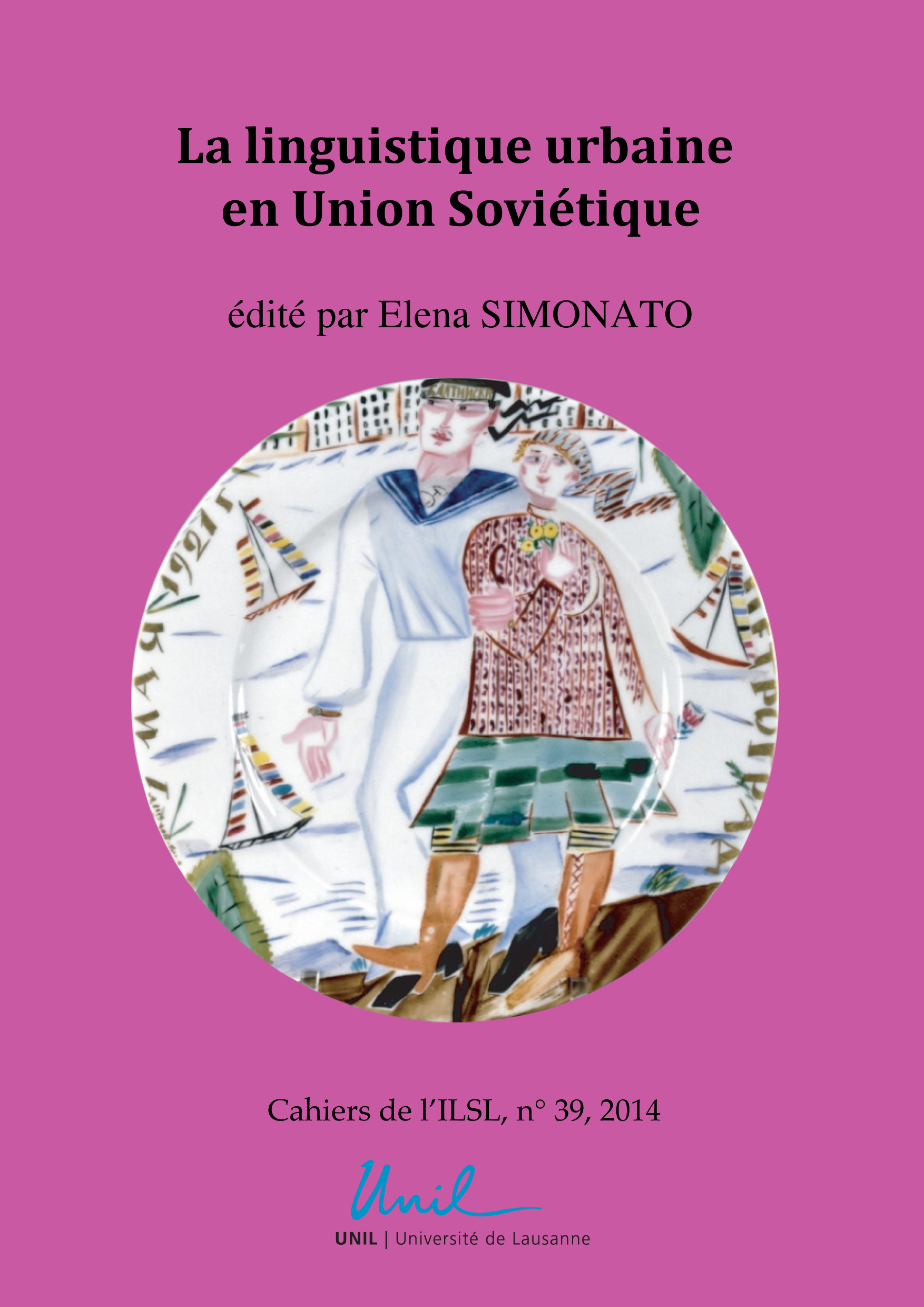Résumé
William Labov’s 1960s research into urban dialects of New York's black ghetto was an important factor in ensuring a more democratic and inclusive approach to education in American schools. It did not only give rise to modern sociolinguistics but was also instrumental for policy makers and educational psychologists who admitted the language of the streets into American primary education curriculum. It has been argued, however, that similar research into social and, specifically, urban
dialects was successfully carried out by Soviet linguists in the 1920s and early 30s, with direct relevance to literacy campaign and the development of universal schooling. Sometimes referred to as sociolinguistics avant la lettre, Soviet investigations into argot, professional, social dialects and jargons were conducted in a post-revolutionary atmosphere of upward social mobility and social inclusion. For the first time in the history of Russian linguistics, the official scholarship embraced a variety of substandard variants of the Russian language and gave a voice to the country’s underprivileged classes. This article looks at the examples of sociolinguistic research by Soviet scholars, with particular reference to the educational policies and a broader programme of social legitimisation.

Cette œuvre est sous licence Creative Commons Attribution 4.0 International.
